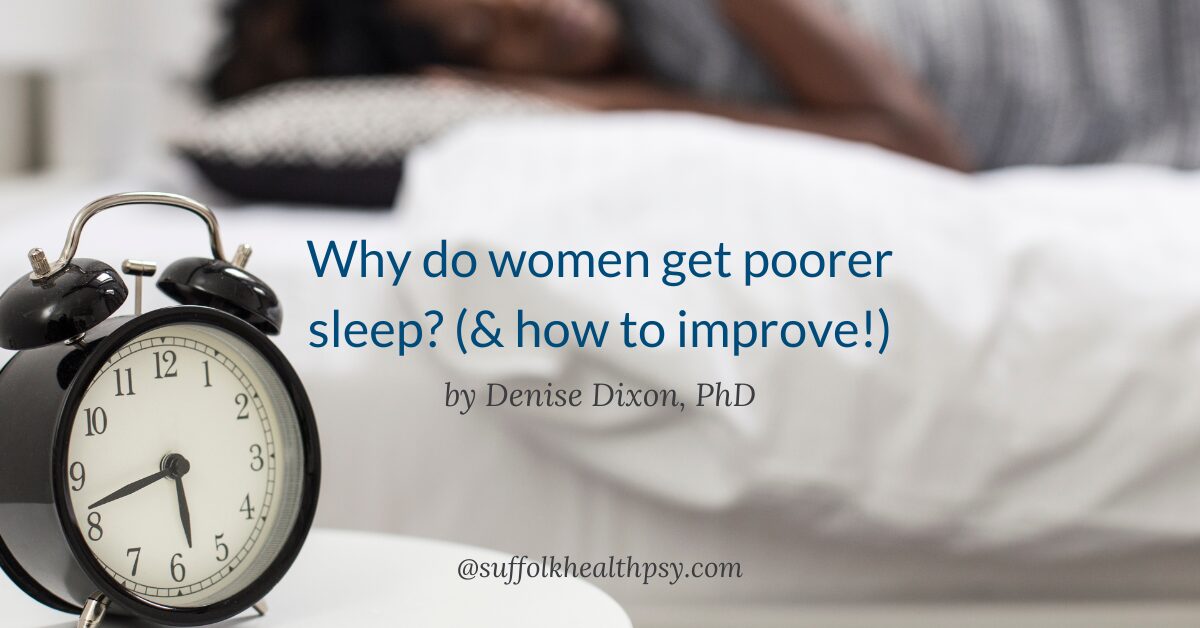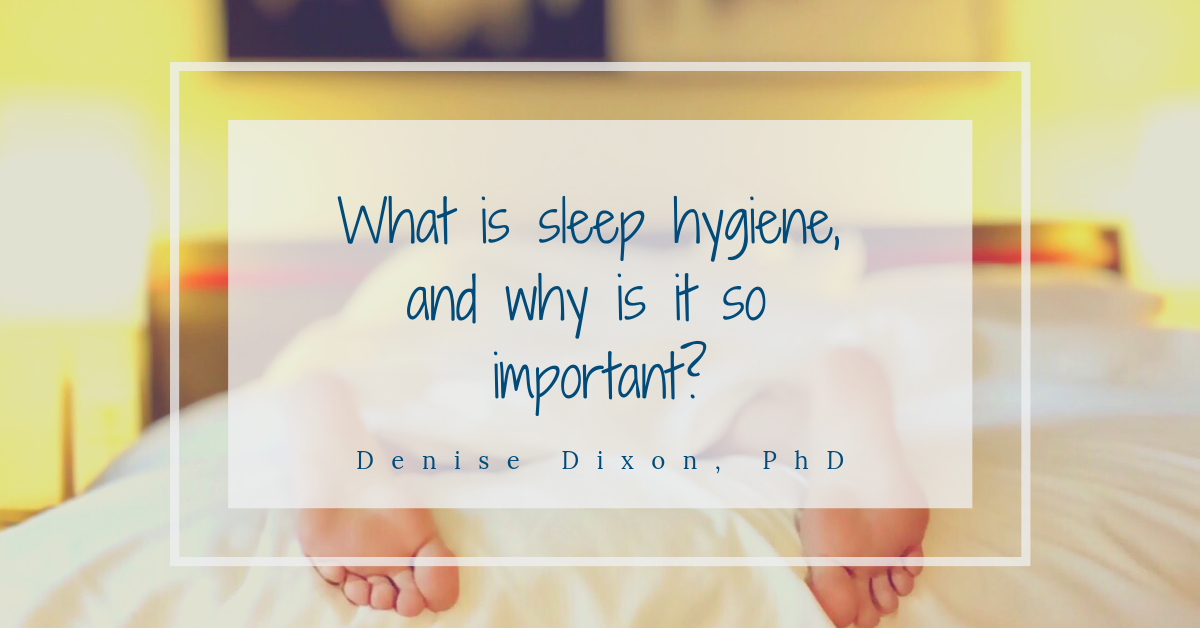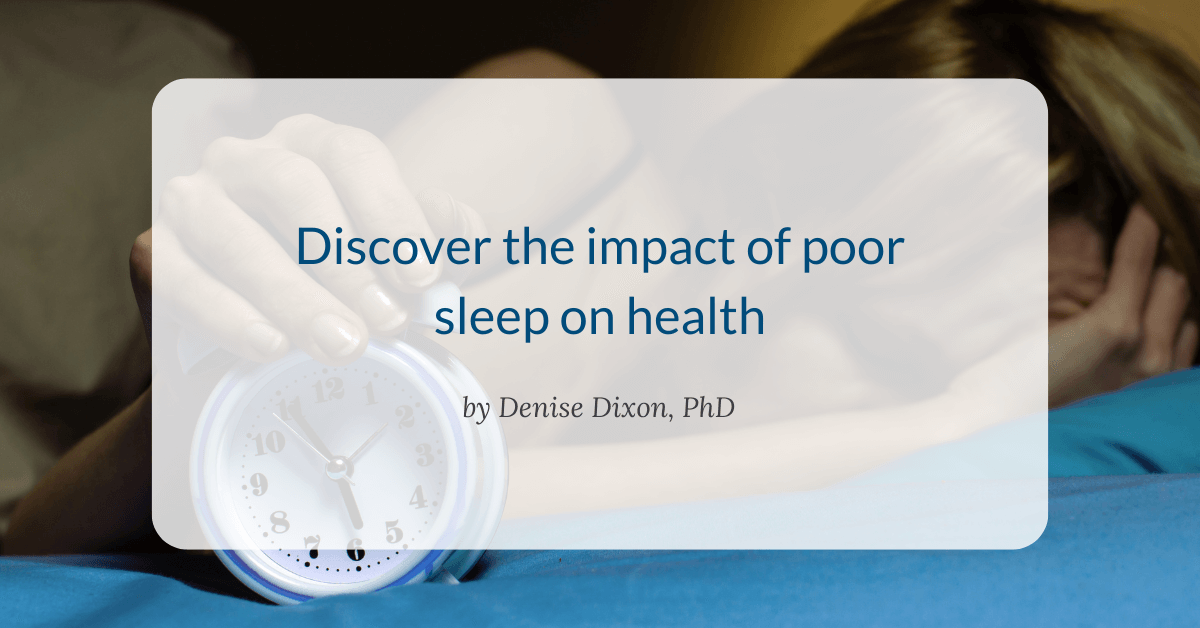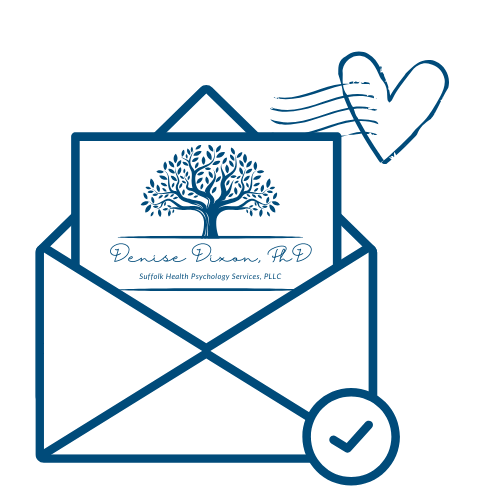The Sleep Crisis Unveiled
Understanding the Global Sleep Epidemic
Health Impact
Chronic sleep deprivation is linked to increased mortality risk and cardiovascular disorders.
Relationship Strain
Sleep issues are causing couples to sleep apart, affecting relationship dynamics.
Workplace Performance
Poor sleep leads to reduced concentration and productivity at work.
The Hidden Cost of Sleep Deprivation
The Impact of Sleep on Mental Health and Performance
Sleep deprivation is a silent epidemic affecting millions worldwide. It wreaks havoc on mental health, leading to increased anxiety, depression, and mood swings. In the workplace, lack of sleep translates to reduced productivity, impaired decision-making, and a higher risk of accidents. Overall well-being suffers as sleep-deprived individuals experience chronic fatigue, weakened immune systems, and a diminished quality of life. Addressing sleep health is crucial for maintaining mental clarity and optimal performance in all areas of life.
Chronic sleep deprivation is a major contributor to mental health issues, including heightened stress and emotional instability. It also significantly impacts workplace efficiency, resulting in decreased focus and creativity. The cumulative effect of poor sleep can lead to serious health complications, underscoring the need for prioritizing rest as a fundamental aspect of a healthy lifestyle.
The Ripple Effects of Poor Sleep

Many individuals, despite recognizing the issue, have come to accept their inadequate sleep, with 22% unwilling to pursue assistance—rising to 33% in the U.S. This resignation carries significant consequences, including worsened moods, decreased focus, strained personal connections, and reduced effectiveness in the workplace.
Needing Help While Pushing It Away

Factors driving the global sleep deficit
A health crisis costing businesses
The fifth annual Global Sleep Survey conducted by Resmed, a leading health technology company, revealed that out of over 30,000 participants worldwide, 29 percent experience difficulty maintaining sleep on three or more occasions each week, while 34 percent struggle with initial sleep onset.
%
Difficulty Concentrating Reducing Productivity
%
Believe Sleep Health Is Not Valued By Employers
%
Percentage Of Employees Reporting Using Sick Days for poor sleep
Countries with highest sick rates for poor sleep
- India 94%
- China 78%
- United States 70%
The Alarming Reality of Sleep Deprivation
The impact of sleep deprivation extends to relationships, with nearly 18 percent of couples resorting to a sleep divorce, or sleeping in separate rooms, to achieve more restful nights. In the United States, 50 percent of couples occasionally choose to sleep apart. While 65 percent report improved rest as a result, 30 percent feel that it has negatively affected their relationship.

- Increased Mortality Risk 29%
- Couples Reporting Better Rest from Separate Sleeping 65%
- Menopausal Women Struggling with Sleep 44%
Factors Fueling Sleep Deprivation
Why We Can't Sleep
Stress and anxiety are major culprits, with 57% of people losing sleep over stress and 46% over anxiety. Financial worries keep 31% awake, highlighting the pervasive impact of economic pressures on sleep quality.
Gender differences also play a role, as women, due to hormonal changes and different brain wiring, often require more sleep than men. This results in women experiencing more frequent sleep disturbances, particularly during menopause.
Partner disturbances are another significant factor, with snoring and restlessness cited as common issues. These disruptions can lead to ‘sleep divorces,’ where couples choose to sleep separately to improve rest.
Steps to Better Sleep
Practical Solutions for Improving Sleep Health
Improving sleep health begins with establishing a consistent sleep schedule. Aim to go to bed and wake up at the same time every day, even on weekends. Create a relaxing bedtime routine that includes activities such as reading or taking a warm bath. Limit exposure to screens and bright lights before bed to help your body wind down. Ensure your sleeping environment is comfortable, dark, and quiet. Consider using earplugs or a white noise machine if necessary. Additionally, regular physical activity and a balanced diet can promote better sleep. Avoid caffeine and heavy meals close to bedtime. If sleep issues persist, consult a healthcare professional for guidance.
Understanding Sleep Health Disparities
Sleep health equity is a critical issue that affects marginalized communities disproportionately. Factors such as socioeconomic status, race, and access to healthcare play significant roles in the quality of sleep individuals receive. People of color and those in lower-income brackets often face barriers to obtaining proper sleep, including living in noisy environments and lacking access to sleep disorder treatments. Addressing these disparities requires systemic changes and increased awareness of the unique challenges these communities face.
Promoting sleep health equity involves recognizing and addressing the social determinants that contribute to poor sleep in marginalized groups. This includes advocating for better healthcare access, reducing environmental noise pollution, and ensuring that all individuals have the resources needed to achieve restful sleep. By focusing on these areas, we can work towards a more equitable future where everyone has the opportunity to enjoy the benefits of good sleep.
Transform Your Sleep Today
Don’t let another night of poor sleep hold you back. Prioritize your well-being by taking steps to improve your sleep health. Whether it’s seeking professional advice or adopting new sleep habits, the time to act is now. Embrace a healthier, more restful future by making sleep a priority today. Dr. Dixon is here to support you in creating a sleep plan that works for you, ensuring you wake up refreshed and ready to tackle the day. Reach out now to start your journey towards improved sleep and enhanced well-being.


















